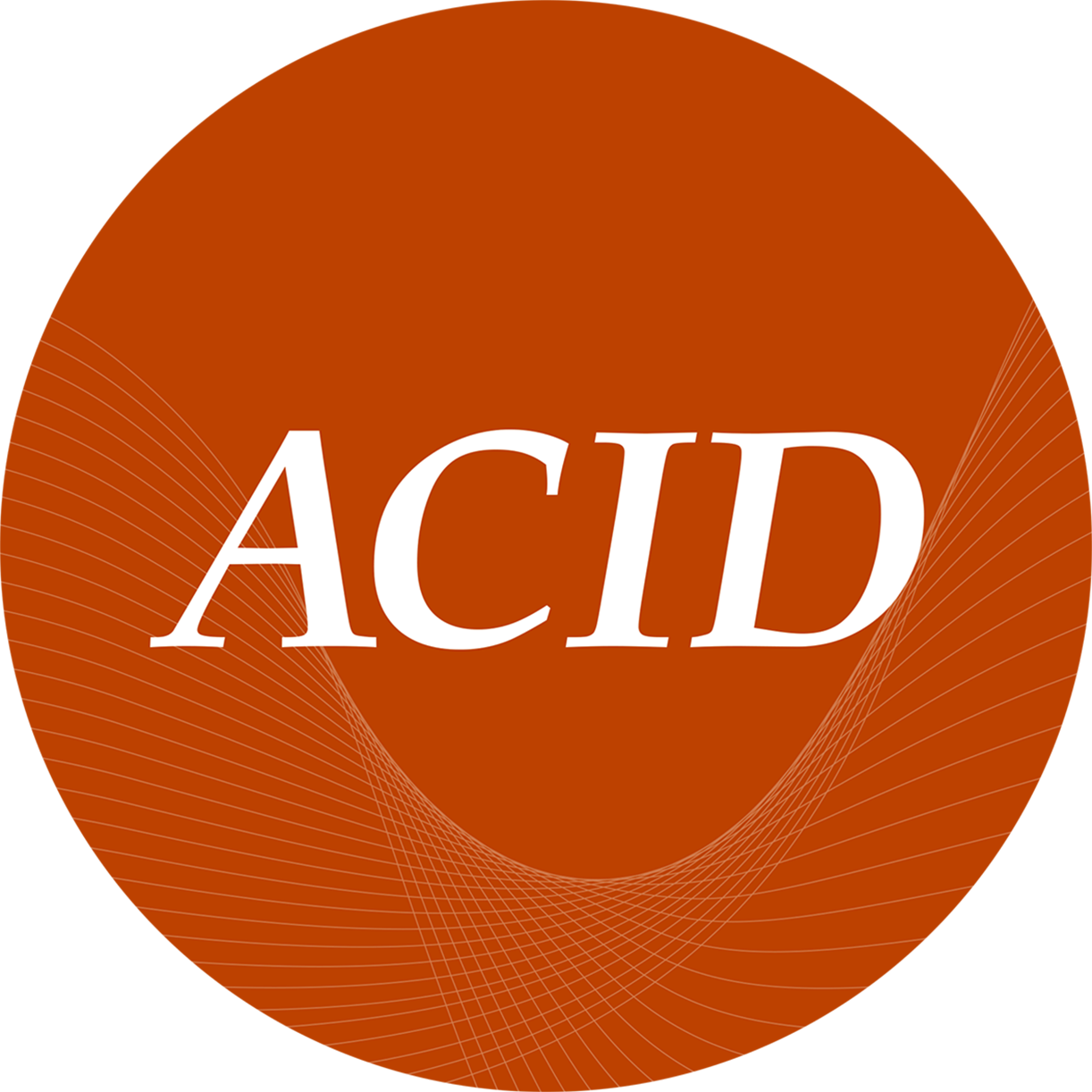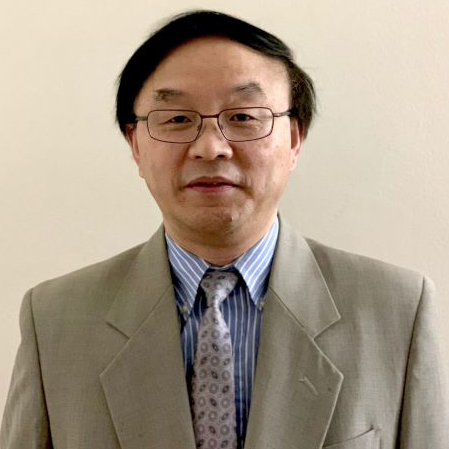Guo-Chang Hu, MD, PhD, is currently a Professor in the Departments of Anesthesiology and Pharmacology & Regenerative Medicine at the University of Illinois at Chicago. Over the past 20 years, His research has been primarily dedicated to the investigation of sepsis-induced lung injury, inflammation, innate immunity, and vascular endothelial permeability. As the Principal Investigator or co-Investigator on several NIH- and AHA-funded grants, his work has yielded productive and successful outcomes, particularly in areas closely aligned with macrophage biology, lung inflammatory injury, vascular endothelial inflammation and barrier function, and sepsis. Throughout his research, he has underscored the pivotal roles of macrophages and endothelial cells in both the progression and resolution of lung inflammation and injury during sepsis. He has published over 60 original articles in peer-reviewed journals, including Circulation Research, Arteriosclerosis, Thrombosis, and Vascular Biology, Journal of Immunology, Critical Care Medicine, and Anesthesiology. Moreover, he has published two books as an Editor-in-Chief and contributed numerous book chapters. He has also been invited to speak at over 40 international conferences and hold memberships in 10 professional associations. His work has been cited approximately 3,000 times, and his Google Scholar H-index is 31. His professional journey includes active involvement in the peer-review process, with invitations to serve as a permanent member on grant review panels for prestigious institutions like the NIH, Department of Defense, and American Heart Association (AHA). He is a committed contributor to various esteemed professional organizations, including the American Physiological Society, AHA, American Thoracic Society, Shock Society, and American Association of Immunologists. At national and international meetings, he has served as a chair, poster professor and lead discussion facilitator. In addition to his dedication to research, he has been honored with invitations to serve as an associate editor and guest editor for Frontiers in Immunology. Furthermore, he has peer-reviewed manuscripts for 58 journals, such as the American Journal of Physiology, Science Signaling, Science Translational Medicine, Cell Report, PLOS Pathogen, Autophagy, European Respiratory Journal, Journal of Immunology, and Critical Care Medicine. The overarching goal of his research is to elucidate the mechanisms by which innate immune responses, activated during sepsis, can be finely regulated to maximize protection while minimizing tissue damage. The ultimate objective is to pinpoint therapeutic targets that can be leveraged for both the prevention and treatment of sepsis. As a seasoned professional, he has a strong ability to efficiently organize and facilitate groups, especially for collaborative and participatory research endeavors. His proficiency in group dynamics and effective communication has been acknowledged by his colleagues. He has mentored over 50 young investigators in his laboratory, including research assistant professors, postdoctoral fellows, PhD students, technicians, visiting scholars, and medical students. His hobbies include racquet sports, jogging, and hiking.









